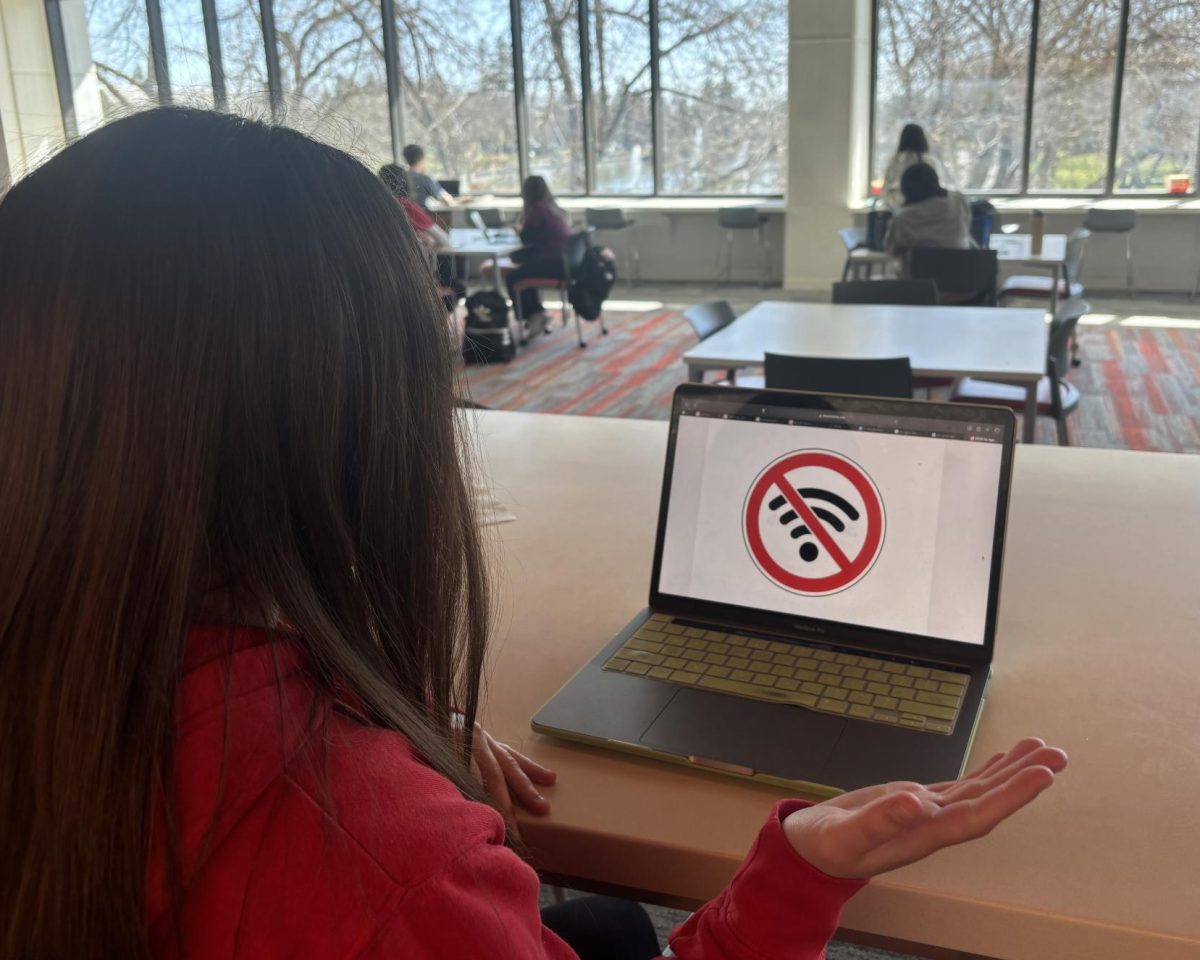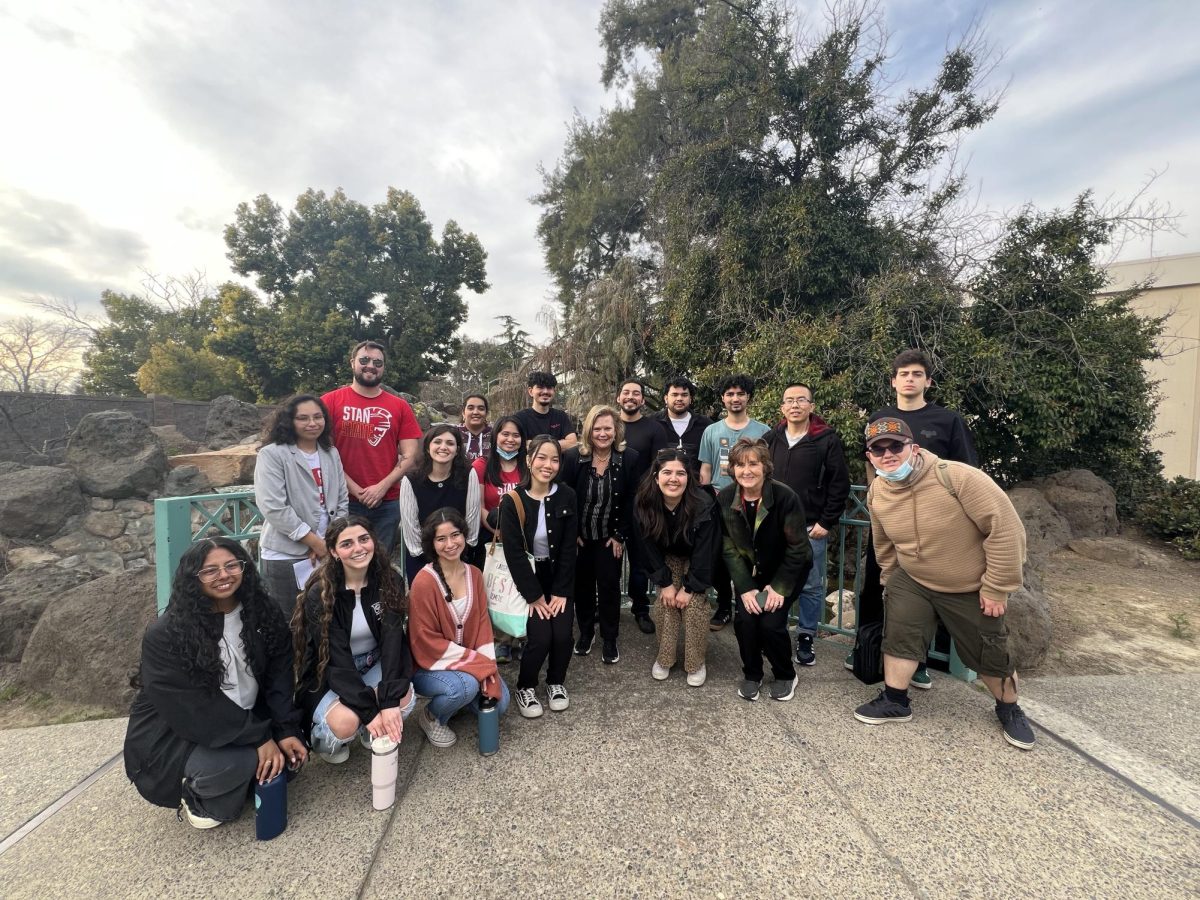The European Union (EU) Parliament wants the EU Commission to reinstate visas temporarily for Americans traveling into the 28-nation bloc, arguing that the United States still requires citizens from five EU members to apply for an entry visa when traveling into the United States for vacation or business for 90 days or less.
The EU and the United States have been having this issue for some time. The United States requires Bulgaria, Croatia, Cyprus, Poland and Romanian citizens to have a visa before entering the United States.
The members of the EU parliament and the countries that are part of the EU are arguing that the United States is not treating their members equally when the EU already allows American citizens to travel to any European country without a Visa, saying they want equal treatment for its citizens.
On Mar. 2nd the European lawmakers voted in an unbinding vote to have the reintroduction of visas for American citizens if the United States does not lift its travel requirements for the five European countries that require visas for its citizens.
According to the New York Times, the European Commission was notified in 2014 that the United States and four other countries—Australia, Brunei, Canada and Japan—were failing to provide reciprocal, visa-free travel to citizens of a few European countries.
The New York Times also said that Australia, Brunei and Japan have resolved their differences with the European Union, and an agreement with Canada is expected to take effect in Dec. 2017 for all the citizens of Bulgaria and Romania, according to a statement from the European Parliament.
The United States has not made any comments on whether they are going to accept these five EU countries enter the country without a visa requirement.
The United States has a Visa-Waiver Program (VWP) and is administered by the Department of Homeland Security (DHS) in consultation with the State Department. Countries could register and then the DHS determines if they have all the requirements for their country to be part of the VWP.
28 European countries are part of the VWP, and the five countries that are not part of the list have applied to be part of the list but have not been accepted because they may not have met the requirements to be included.
Some of the requirements that the countries have to meet before being part of VWP are as follows:
- Enhanced law enforcement and security-related data sharing with the United States;
- Issuing e-Passports;
- Having a (B) visa refusal rate less than three percent;
- Timely reporting of both blank and issued lost and stolen passports; and
- Maintenance of high counterterrorism, law enforcement, border, control, and document standards.
The five EU countries are waiting to be approved to be part of the VWP list and for its citizens to be able to enter the United States without a visa, even though they believe that they have met all the requirements, but the DHS thinks otherwise.
Dr. Andrew Conteh, a professor of Political Science at California State University, Stanislaus (Stan State), said that the United States implemented their security of entry after the Sept. 11 terrorist attack, and that immigration policy in each country may also have something to do with why the DHS has not granted these five countries to be part of the program.
“It’s not too good to be selective because selectivity can lead to a form of discrimination for us,” Dr. Conteh said.
This also affects students here at Stan State who may want to travel to Europe in the future or go study abroad, as well as faculty members who are from the one of the five countries that feel discriminated by the United States.
Dr. Daniel Horvath, a professor of Communication Studies, is originally from Romania, one of the countries which is affected by such visa requirement.
“I think the request is for something to change. For fairness, respect, reciprocity and equality, and how all the citizens in the EU are treated, I believe that is the principal,” Horvath expressed.
Study Abroad Coordinator, Brittany Fentress, said that students interested in studying abroad would be affected by this, and they might want to think twice before deciding if they want to study abroad in Europe.
“They could make current visas more difficult and more expensive to get, which could affect students’ interest to study abroad,” Fentress says.
Fentress has already traveled throughout Europe without the need of Visa as an international student.
“It made me appreciate the flexibility I had,” she adds. “Traveling without a visa was really easy and carefree. You could do things spontaneously.”
Stan State student, Jessica Acosta (sophomore, Business), is worried about this issue because she is planning to travel to Europe and its many countries during the summer.
“I understand why the EU wants to reinstate the visas, but I want to know if I’m going to need a visa for each country that I’m planning to visit since I already bought my airline ticket for this summer and want to make sure I will have the money to pay for the visas if I were to need them,” said Acosta.
The EU parliament wants the European commission to do something within the next two months to show the United States that they are willing to do something if they do not plan to incorporate the five countries in the VWP list.
In the months of May and June the members of the EU parliament are going to meet, and know if the European Commission plans to reinstate visas for American citizens.







